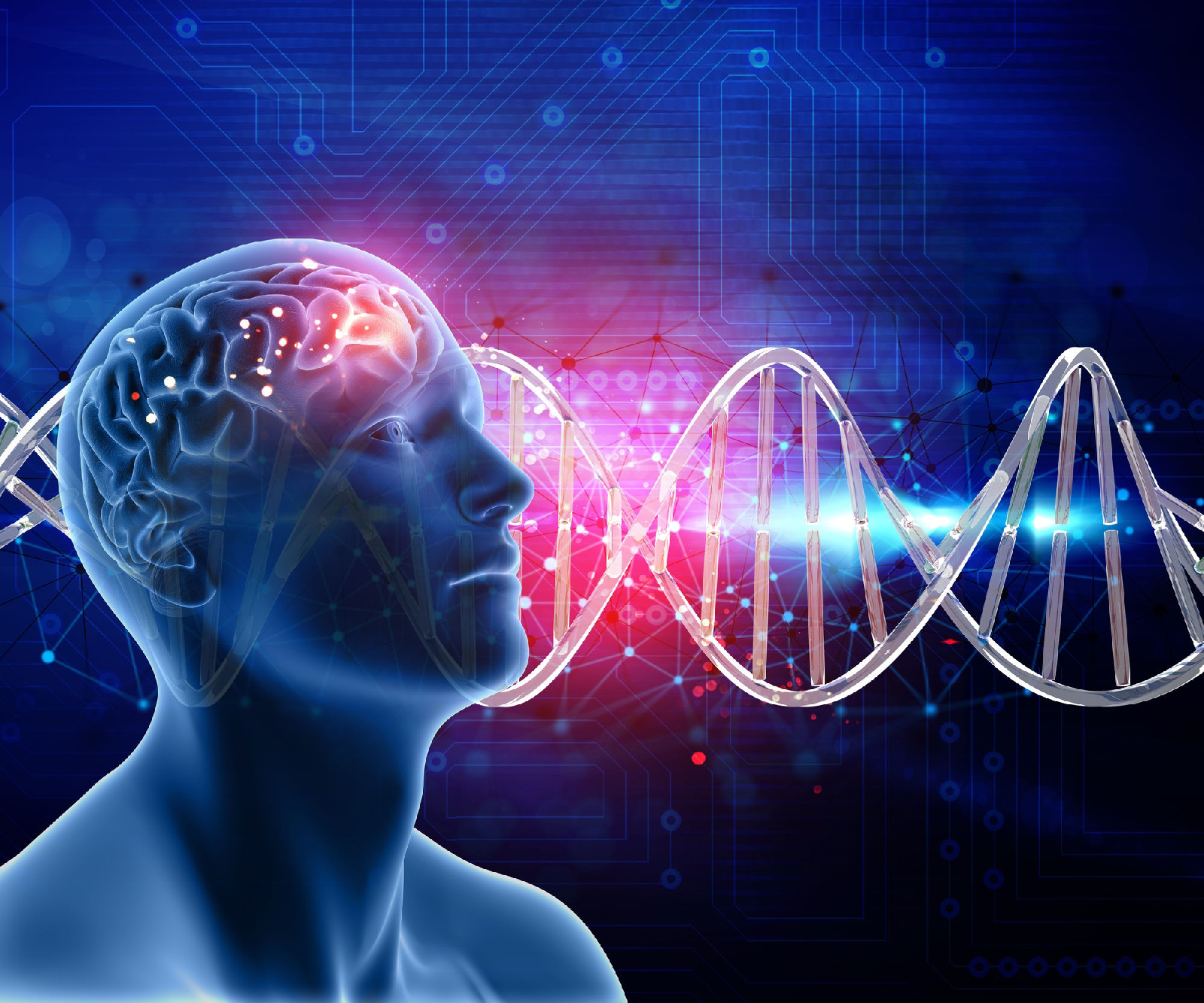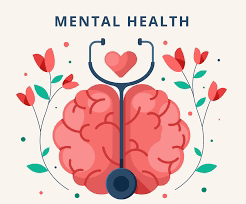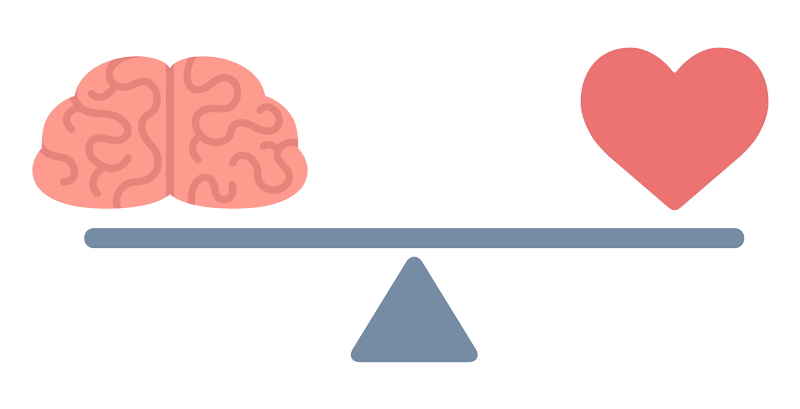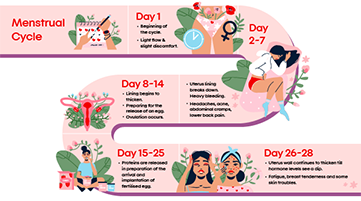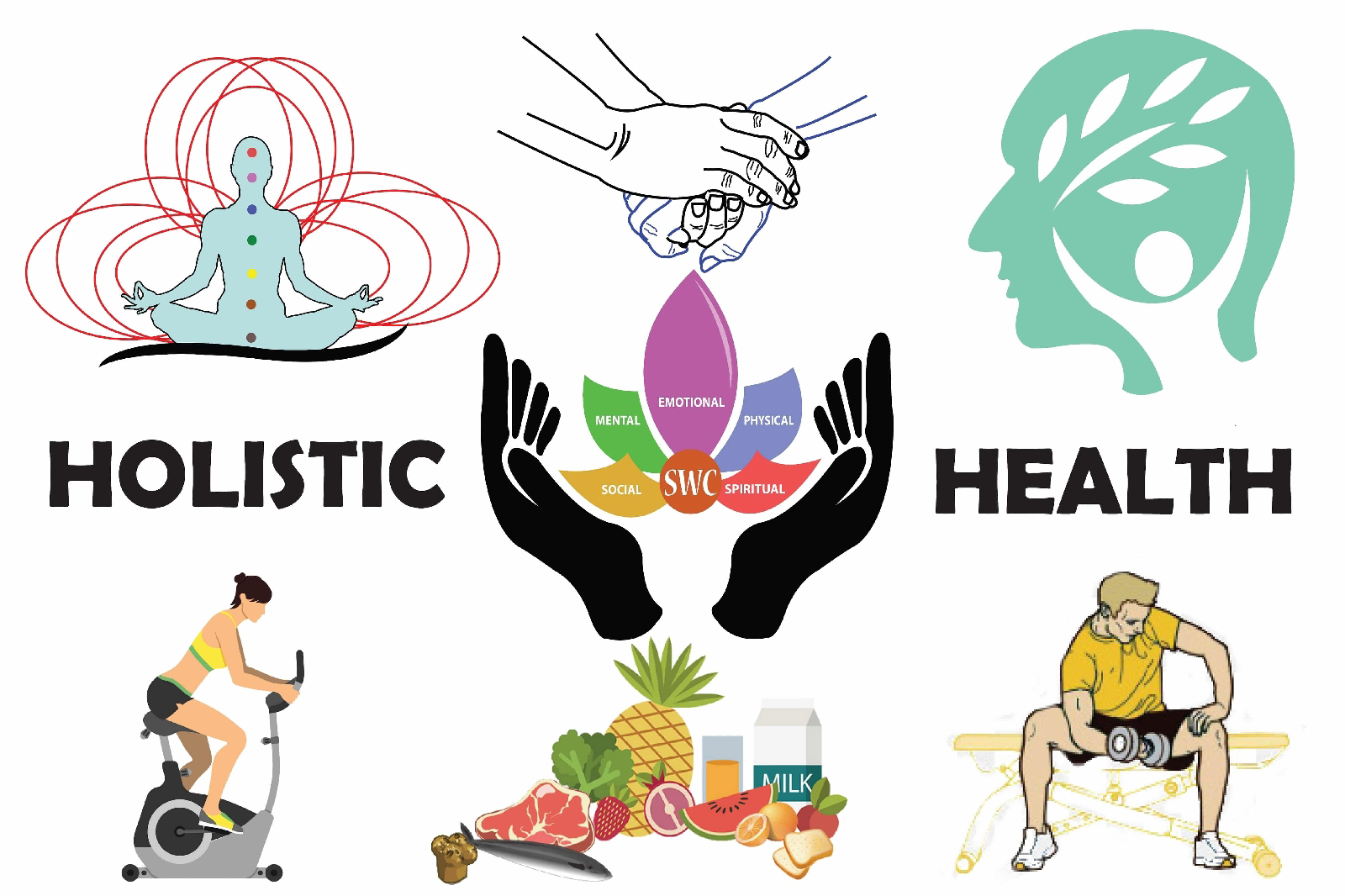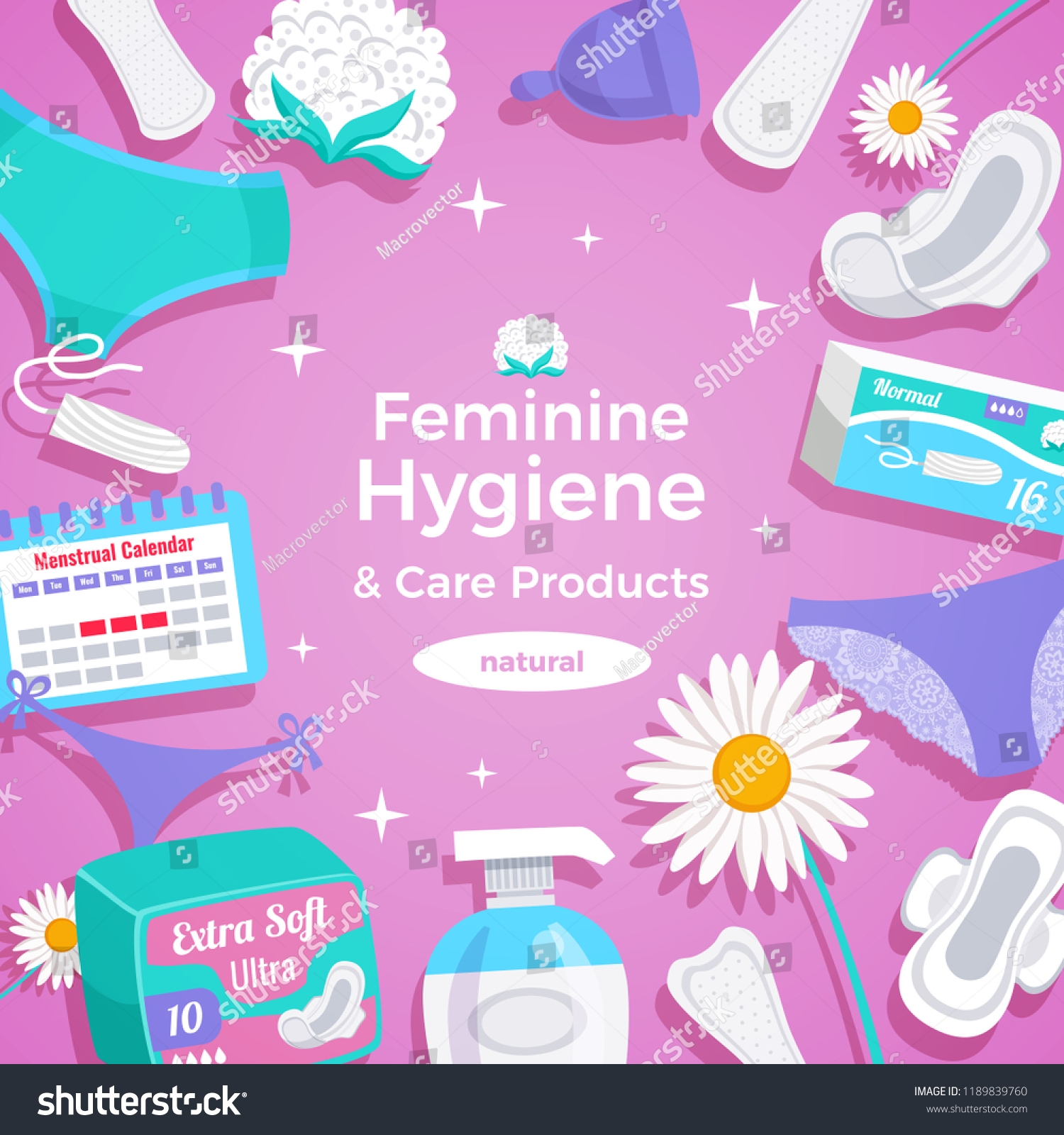Millions of individuals throughout the world suffer from depression, a complicated and frequently misunderstood mental health disease. Even though it's a typical occurrence, it can be crippling and difficult to deal with. We'll discuss depression, its origins, symptoms, and different coping mechanisms in this blog to assist you or someone you know who may be experiencing this disease.
What Is Depression, First?
A persistent sense of melancholy, helplessness, and lack of interest or pleasure in activities define depression as a mood illness. It's more than simply a passing case of the blues; it may seriously harm relationships, daily functioning, and general well-being.
II. Depression's Causes
Combinations of genetic, biochemical, environmental, and psychological factors can contribute to depression. Typical risk factors and triggers include:
1. Genetics: Having a history of depression in the family can make depression more likely to occur.
2. Chemical Imbalances: Depressive symptoms may be exacerbated by imbalances in neurotransmitters like serotonin and norepinephrine.
3. **Life Events:** Traumatic incidents, grief, or significant changes in one's lifestyle can cause depression.
4. Chronic Illness: Having to deal with a persistent medical problem can make you depressed.
5. Substance Abuse: Misusing alcohol and other drugs can make depression worse or possibly start it.
3. Typical Symptoms
Early intervention depends on being able to identify the signs of depression. Typical signs include:
1. "Persistent sadness or emptiness" 2. "Loss of interest or pleasure" 3. "Changes in appetite and weight" 6. "Fatigue and loss of energy" 7. "Difficulty concentrating" 8. "Suicidal thoughts or self-harm tendencies"
4. Seeking Assistance
It's critical to get professional assistance if you or someone you know is depressed. Effective treatment options, such as therapy, medication, or a combination of the two, can be offered by mental health experts such as therapists, counselors, or psychiatrists.
Coping Techniques
1. **Discuss It:** Talking openly about your emotions with a family member or trusted friend can be a relief and the first step toward rehabilitation.
2. Prioritize self-care activities like exercising, eating a healthy diet, and getting enough sleep.
3. Therapy: Cognitive-behavioral therapy (CBT) and other psychotherapies can assist people in altering unfavorable thought patterns and creating coping mechanisms.
(4) Medications To address the chemical abnormalities linked to depression, medication may occasionally be recommended.
5. Support Organizations A support group can offer invaluable emotional support and assistance if you join one with people who have had similar experiences.
6. Meditation and mindfulness: The use of mindfulness and meditation practices can assist in symptom management and stress reduction.
7. "Set Realistic Goals": Divide projects into doable steps and acknowledge modest successes.
Conclusion
A significant and curable mental health problem is depression. It's crucial to ask for assistance when you need it and to keep in mind that you're not fighting this battle alone. Individuals and their support networks can cooperate to successfully travel this difficult path to recovery by being aware of the origins, symptoms, and varied coping mechanisms of depression. Keep in mind that there is hope and that depression may be conquered in order to lead a full life with the correct help.


















